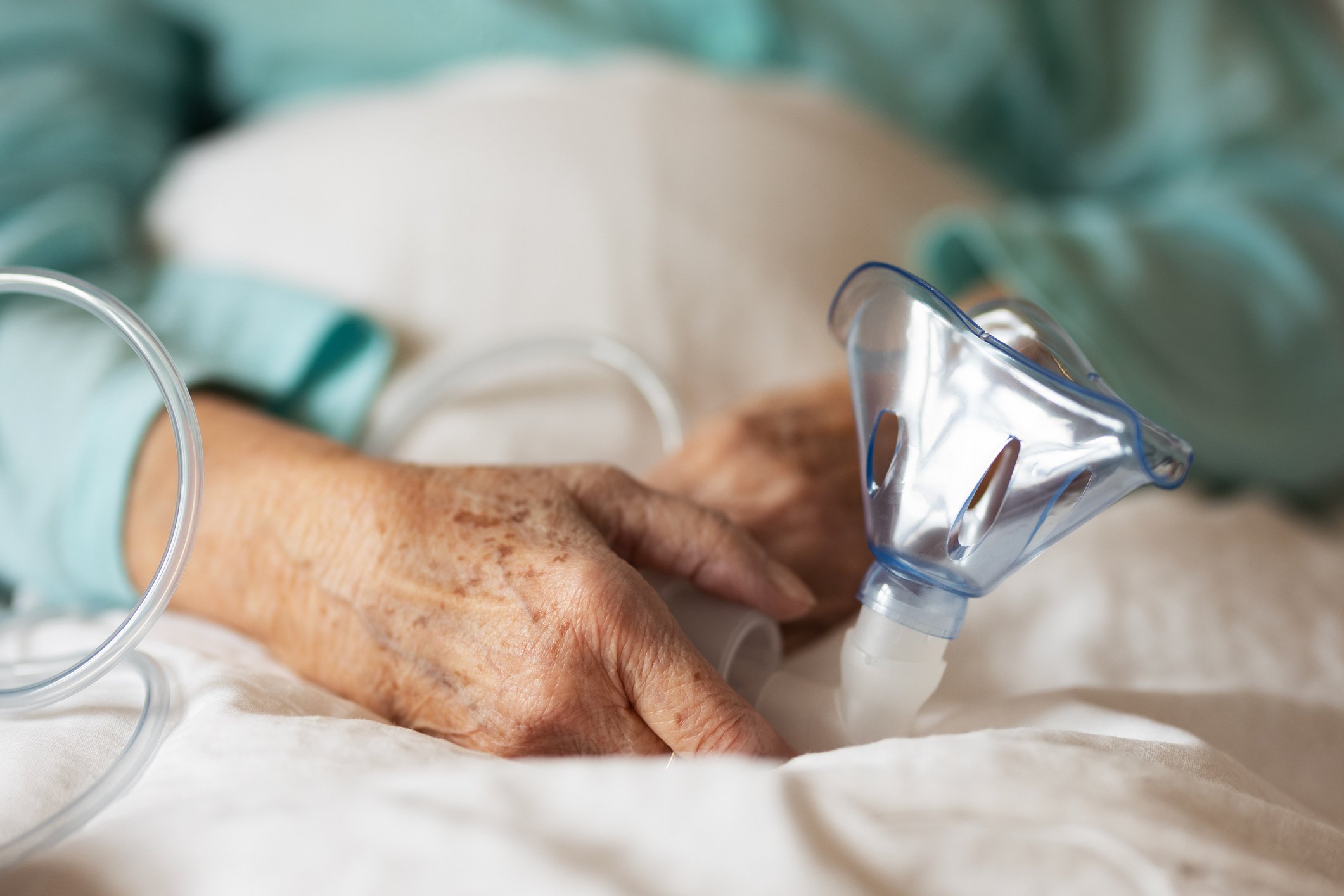Industry Voices—Congress must pass legislation to reform Medicare's supplemental oxygen program
2024-04-03
AHA会议

Preview
来源: FierceHealthcare
The Centers for Medicare & Medicaid Services' previous changes to payments haven't been enough to stem the tide of declining patient access to supplemental oxygen that continues to grow nationwide, particularly in rural and underserved areas.
Nationwide, an estimated 1.5 million Americans rely on supplemental oxygen to help treat and manage a range of respiratory and pulmonary conditions and disorders, from severe asthma and pneumonia to sleep apnea, chronic obstructive pulmonary disease and cystic fibrosis.
That’s why recent challenges in the availability and delivery of supplemental oxygen are so alarming for patients living with pulmonary and respiratory disease as well as their loved ones.
In response, a bipartisan group of lawmakers in the U.S. Congress—led by Sens. Bill Cassidy, R-Louisiana, Mark Warner, D-Virginia, and Amy Klobuchar, D-Minnesota, in the Senate; and Reps. David Valadao, R-California, Julia Brownley, D-California, Larry Bucshon, M.D., R-Illinois, and Adrian Smith, R-Nebraska, in the House—introduced the Supplemental Oxygen Access Reform (SOAR) Act (S. 3821/ H.R. 7829), bipartisan legislation to help improve patient access to life-sustaining supplemental oxygen therapy. Bipartisan lawmakers in the House are considering this legislation as well.
Just as a doctor may prescribe varying dosage levels or forms of a medication to treat different patients based on their individual needs, there are several different forms of and ways to deliver supplemental oxygen, each with its own strengths and limitations.
Since supplemental oxygen was added to Medicare’s competitive bidding program, claims for all forms of oxygen have dropped drastically, with no major changes in respiratory disease rates or patterns to explain such a significant decrease. In the pulmonary health community, this has raised red flags.
Recognizing harm to patient access, the Centers for Medicare & Medicaid Services previously made some minor updates to supplemental oxygen payments by establishing new payment classes. However, these weren’t enough to stem the tide of declining patient access to supplemental oxygen that continues to grow nationwide, particularly in rural and underserved areas. Even Medicare has acknowledged these access issues and continues to monitor the impact of its payment policy.
Now, with more than three years of the pandemic exacerbating these access issues, Medicare beneficiaries are struggling to get the necessary oxygen and equipment they need. In turn, limited access to supplemental oxygen is preventing patients with a range of health conditions from achieving optimal outcomes and living the highest quality of life possible based on their diagnosis.
That is why comprehensive oxygen reform is urgently needed for patients, caretakers, healthcare providers and communities—and why the SOAR Act (S. 3821/H.R. 7829) is such a welcome development. This bill—endorsed by several patient organizations—will help increase and ensure patient access to supplemental oxygen and respiratory therapy to protect and improve health and quality of life.
Among many much-needed reforms, this bill would remove supplemental oxygen and related equipment from the Medicare competitive bidding program. Instead, it would establish new, separate payment rates and methodologies for both non-liquid and liquid oxygen that better reflect patients’ needs and differences in oxygen modality.
The SOAR Act would also help protect and expand Medicare beneficiaries’ access to respiratory therapists by creating a new add-on for their services to the supplemental oxygen rate. This small but important change would make it easier and more affordable for patients struggling with a range of pulmonary and respiratory disorders to access and benefit from the care only trained respiratory therapists can offer to patients during treatment and recovery.
Additionally, by directing Medicare to move toward a standardized, electronic template for documenting medical necessity for supplemental oxygen, this much-needed and long-overdue solution would help simplify and streamline the unnecessarily long and complicated process of retroactively reviewing a patient’s medical record to prove medical necessity. This change, along with the establishment of a Medicare beneficiary bill of rights, would further increase access and reduce delays in care that can undermine patient outcomes.
The access issues patients and providers are experiencing with supplemental oxygen will only increase unless Congress takes decisive action to reform Medicare’s oxygen payment policies. Congress should seize this opportunity and pass the SOAR Act.
Dan Starck is the interim chair of the Council for Quality Respiratory Care, a coalition of the nation’s leading home oxygen therapy providers and manufacturing companies.
更多内容,请访问原始网站
文中所述内容并不反映新药情报库及其所属公司任何意见及观点,如有版权侵扰或错误之处,请及时联系我们,我们会在24小时内配合处理。
机构
-靶点
-药物
-热门报告
立即开始免费试用!
智慧芽新药情报库是智慧芽专为生命科学人士构建的基于AI的创新药情报平台,助您全方位提升您的研发与决策效率。
立即开始数据试用!
智慧芽新药库数据也通过智慧芽数据服务平台,以API或者数据包形式对外开放,助您更加充分利用智慧芽新药情报信息。


